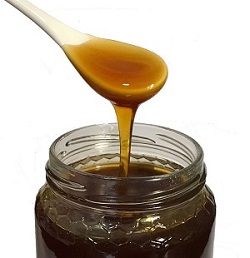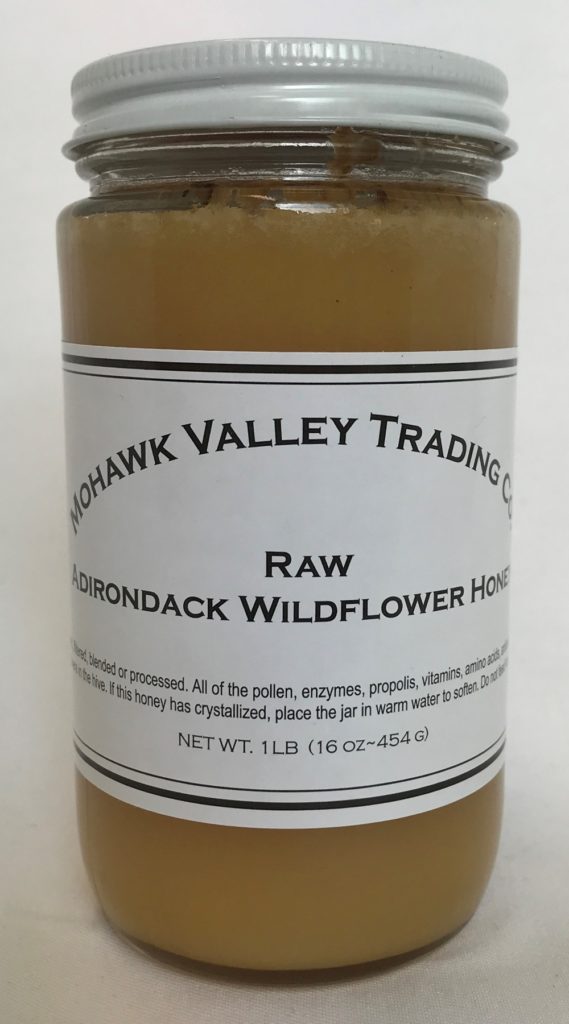where to find organic raw honey
How and Where to Find Organic Raw Honey Near You
By Mary Ross
This article will not get into the health benefits or the difference between raw honey and organic raw honey; that subject has already been covered here. However, what this article will get into, is how to find great raw honey or organic raw honey near you and save you money!

In today’s world, honey aficionados can search the internet, find, buy and have the honey of their choice from all over the world delivered to their door, within a matter of days or overnight if they so choose.
Never before in history have there been so many incredible varieties of honey to choose from at your fingertips, and more varieties become available every day as the internet expands.
It was not that long ago, that most consumers bought their honey in a plastic bear figurine squeeze bottle from the supermarket.
With the growth of both rural and urban farmer’s markets, the explosion of food, diet, personal care, and health blogs, many people have been educated about the benefits of honey, and as a result of this; the demand for it has increased.
The interest in raw honey has grown so much, that there are some very passionate honey enthusiasts, who, like serious oenophiles (connoisseurs of wine) buy, collect, sell, and trade honey.
Where to Find Organic Raw Honey
If you would like to start expanding your honey horizons or shoring up your honey stash (collection or whatever you want to call it), it’s always best to start locally and work your way out from there.

One would think that by typing the words:
- Raw Honey Near Me
- Raw Organic Honey Near Me
- Apiaries Near Me
- Honey Producers Near Me
- Honey Farms Near Me
into the search box of your favorite search engine would produce the desired results; but that is not always the case and one of the reasons is, that not all beekeepers have:
- A website.
- A Facebook account.
- An Amazon account.
- A booth at the local farmer’s market.
- A listed phone number.
And some of them prefer it this way (“staying under the radar” or “off the grid”).
There are a lot of beekeepers who sell honey and do not have an internet presence, but they do belong to a local or regional beekeepers club. To find one near you; copy and paste (or type any combination of) the following or similar keywords along with your zip code, area code, or “near me” into the search box of your favorite search engine:
- Beekeepers Clubs
- Beekeeping Clubs
- Honey Producers Organization
You will get different results depending on whether you enter your zip code, area code, or “near me”, so try a search using all variations.
Once you arrive at a beekeeping club website, look for a “Honey for Sale”, “Products of the Hive”, “Bee Products” category, or something similar and you will discover some unique, mono-floral honey using this strategy.
Some members of beekeeping clubs are small-time hobbyists and not in the honey business per-se, so, let’s say for example, that he or she has access to property where there is:
- An abundance of certain types of flowers.
- Patches of wild blueberries, black or red raspberries.
- A strand of tupelo, basswood, chestnut, tulip poplar, black locust, or wild cherry trees.
- Access to organic farms or fruit orchards that are too small for a professional honey bee pollination service to bother with.
Numerous scenarios can result in unique, mono-floral honey, and here are a couple of other ways way to find a good source:
- Visit health food stores and check out the honey section. Although the honey producer might not belong to a bee club or have an internet presence; in the US, in most states, by law, any honey for sale must have the name and contact information of the producer on the label.
- Some homesteaders keep bees and do not belong to a beekeeping club, but they do have a blog and some earn extra income from selling honey, eggs, chickens, etc. To find one near you; copy and paste or type “Homesteading Blog +Your Sate” into the search box of your favorite search engine.
It is not uncommon for small beekeepers/hobbyists to keep some of what they harvest for themselves and give or sell the rest to friends and family. Just like wine, there are good years and bad years for some varieties of honey and when there is an exceptional harvest, it is very common for beekeepers to set some of this special “vintage” honey aside since honey does not spoil.
Before you contact them, be respectful of their time and have all of your questions ready, for example:
- What varieties of honey do you have?
- Do you have any honey from an exceptional season?
- Do you have minimums?
- Do you allow pickups; if so, what are your days and hours?
- Do you allow people to provide their jars? If they do allow you to provide your jars, make it as convenient as possible by having clean and uniform jars and lids (in a box). If you find a good source and you plan to buy honey from them regularly, if you are not reusing your glass jars, you might want to ask them if could have your glass jars shipped right to them.
A lot of beekeepers don’t use email (or don’t check it that often) so whether you call or email, identify yourself and tell them how you found them and got their phone number. Remember, these are not walk-in retail operations; you are a stranger calling them at home and some of the old-timers don’t have cell phones.
Saying something like” Hi, Mr. Jones, my name is John Doe and I got your number from the Tri-Valley Beekeepers Club” or “I got your name from Bob Smith down at Bob’s Organic cornucopia, and he told me you might have some honey for sale” helps breaks the ice.
Beekeepers come from all walks of life and some are talkers who want to tell you their story in addition to all about their beekeeping operation. Some curmudgeonly beekeepers get suspicious of people asking too many questions (especially over the phone). So, until you talk to them in person and get to know them; don’t try to get too chummy.
Organic Raw Honey vs Certified Organic Raw Honey in the USA
According to the USDA, there are separate rules for honey, mushrooms, and pet food: they can be labeled “organic” without being certified, and here is the exemption (loophole):
- Producers who market less than $5,000 worth of organic products annually are not required to apply for organic certification, with the following caveats:
- Must comply with the organic production and handling requirements of the regulations, including recordkeeping (for at least 3 years).
- Products from such noncertified operations cannot be used as organic ingredients in processed products produced by another operation nor may they display the USDA certified organic seal.
In essence, if a beekeeper sells less than $5,000 worth of honey and complies with the organic production and handling requirements, they can call their raw honey organic. However, they cannot display the USDA-certified organic seal.
99.9% of small beekeepers/hobbyists do not sell more than $5,000 worth of honey annually and if they comply with the organic production and handling requirements of the regulations, you will be buying raw organic honey for a lot less than you would for well-known brands.
In conclusion, you can find some unique, mono-floral organic raw honey at great prices using this strategy and when it comes to finding new varieties of raw honey or organic raw honey “seek, and ye shall find”!
About the Author

Mary tries her best (everybody cheats once in a while :)) to live a natural and healthy lifestyle, of which she is an advocate. She loves writing about subjects she has an interest in and hopes to inspire others by doing so.
End of “How and Where to Find Organic Raw Honey Near You”. Back to “Best Raw Honey Buying Tips – 3 Things You Need to Know”.